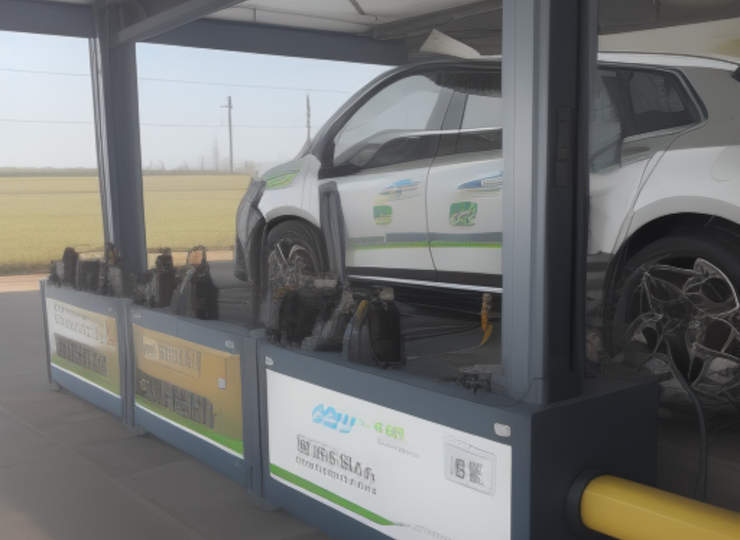文字のサイズ
- 小
- 中
- 大
Circular use of EV batteries is key to promoting EV diffusion
Circular economy of EV batteries to expand the EV market

In recent years, increasing attention has been paid to the circular economy and market creation has accelerated. The Circular Economy is a concept of creating new markets by maximising the value of circulating resources and maximising the value of product use through long-term use, etc., taking into account issues such as conflict minerals and biodiversity, as well as conventional waste management measures, In March 2023, a ‘Growth-oriented Resource-autonomous Economy Strategy’ was formulated, which is also linked to the Green Growth Strategy. In this context, EV batteries are attracting attention, as they have a large market potential value and are expected to be used to recycle conflict minerals.
Regulations on EV batteries proceeding from abroad. The resource recycling value of EV batteries is attracting attention in Europe and the USA. In Europe, battery regulations were issued in July 2011, and from July 2012 it will be mandatory to specify the amount of CO2 emissions and recycled materials used from battery production to recycling. In the USA, the EV provisions were stipulated in the Inflation Control Act of April 2011, which strengthened the securing of resources in the countries concerned and also promoted the securing of recycled resources from EV batteries. On the other hand, the use of used EVs and reused batteries has not progressed in Japan due to concerns about quality during use, and these batteries are currently leaked overseas. This not only prevents the recycling of resources in Japan, but also makes it difficult to promote the sale and leasing of new EVs due to the declining residual value of EVs, thereby affecting the spread of EVs.
The smart use (smart use) required of users means that, in order to secure resources and popularise EVs, used EVs and reused batteries must be made available for safe use. To this end, it is effective for users to actively manage the residual capacity and safety of batteries and practise ‘smart use’ by using them carefully.
Promoting the use of used EVs through battery quality assessment and warranty is particularly important for the use of used EVs. By using used EVs domestically, the residual value of new EVs at the end of their lease term can be raised. This is because doing so prevents EV batteries from flowing out of the country and creates a trend to promote the use of reused batteries and recycled materials. Used EVs can be made available with peace of mind through smart use, which involves battery quality assessment and long-term warranty. In this way, EVs can be introduced at about half the cost of a new car, which is expected to promote the use of EVs in Japan. Furthermore, smart use, where batteries are used carefully through optimal charging operation planning, battery performance and residual value management, etc., can increase the value of used EVs when they are scrapped, allowing used batteries to be sold at a higher price. In other words, it can be said that used EVs can be procured at a lower cost and sold at a higher price at the time of disposal, thereby reducing the real vehicle cost, which is an advantage for companies that are EV users aiming for an early shift to EVs.
For new EV use, the availability of used EVs in the country would provide user benefits in terms of improved residual value at the end of the lease term. In addition, as with used EVs, smart use will further improve the residual value and lower the real cost, making it easier to introduce new EVs.
Translated with DeepL.com (free version)






